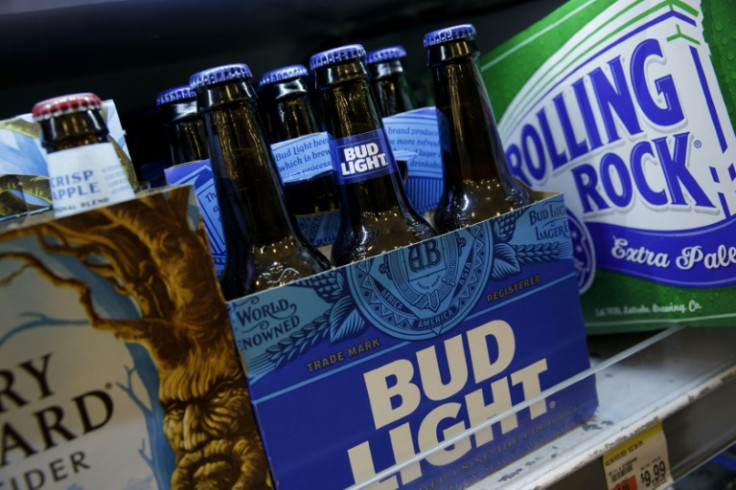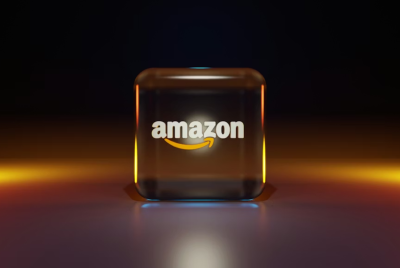Lessons learned from Bud Light's crash
Longtime customers revolted, forcing a staggering 21.4 per cent drop in sales – a fiasco that may remind many of the 1996 McDonald's Arch Deluxe.

There is no shortage of nightmare marketing stories, and Bud Light beer, an Anheuser-Busch InBev product, is no exception. The controversy started with an ad featuring trans activist and influencer Dylan Mulvaney, 26.
Longtime customers revolted, forcing a staggering 21.4 per cent drop in sales. Other Anheuser-Busch products have also suffered due to association. Budweiser sales dipped 11.5 per cent, Busch dropped 5.3 per cent and Natural dropped six per cent. Anheuser-Busch also owns some of the best-known beer brands, from Stella Artois to Corona.
This fiasco may remind many of the 1996 McDonald's Arch Deluxe, a poor attempt to sell special hamburgers to adults. After spending $100 million on branding, the fast food chain realized it had made a massive blunder and dropped the idea.
Similarly, Kellogg's and Frito-Lay attempted to create a fat-free snack but the initial excitement wore off quickly when consumers realized all it did was act as a laxative and sent many thousands of customers to the bathroom. More recently, in 2018, Heineken created a terrible ad that seemed to favour one skin colour over another.
But perhaps these were innocent mistakes made with good intentions. Can the same be said about Anheuser-Busch? In a seeming nod to consumers, the company put two of its most senior members of the marketing team behind the campaign on leave. Bud Light's VP of marketing, Alissa Heinerscheid, took a leave of absence while the VP for Mainstream Brand, Daniel Blake, stepped down several days after.
This move appears to signal some level of guilt and counters the company's attempt to project itself as unwitting and innocent. Much of the controversy surrounds a Bud Light can with Mulvaney's likeness printed on it. Michel Doukeris, chief executive of Bud Light's parent company Anheuser-Busch, said online "misinformation" around Dylan Mulvaney's post led to customers thinking the personalised can be for general sale.
As noted in an article by The Telegraph, Mulvaney, who has documented her transition in a video series called "Days of Girlhood", shared a sponsored post for the beer brand on her Instagram account. She filmed herself drinking from customised Bud Light cans with her own face depicted on them. But Doukeris claims the can was meant as a one-off and not for general purchase. "We never intended to make it for general production and sale for the public," he said.
Doukeris claims the recruitment of Mulvaney and the personalized can was never meant to be an official ad campaign. He added: "You have one fact and every person puts an opinion behind the fact. And then the opinions start to be replicated fast on each and every comment. By the time that 10 or 20 people put a comment out there, the reality is no longer what the fact is, but is more [about] what the comments were."
Anheuser-Busch has sought to do damage control and has now distanced itself from Mulvaney, but of course, there is a rubber band effect and an action results in a reaction. Five Chicago gay bars are now boycotting Anheuser-Busch for distancing itself from Mulvaney and more such actions may follow as others jump on the bandwagon. The company will need to huddle and focus on reestablishing its image among its main loyal customers.
In an effort to repair the damage caused by the Mulvaney controversy, AB InBev is planning to triple its US marketing spending over the summer. The original idea had been to move the company away from its ageing consumer base and try to attract the younger generation. In doing so, the company hoped to appeal to them through diversity and inclusion.
Clearly, this has backfired though some experts believe it is more because the company did not stand by Mulvaney through the controversy and instead backed down.
To move forward, AB InBev must learn from the past and understand what other companies have done to escape whatever mess they found themselves in. Often, it requires appealing to the loyal customer base and appeasing those who matter most.
If the company relies on income from a certain demographic, it is going to need to appease that demographic or lose massive amounts of cash. If the company wants to bring in the younger generation and introduce them to its highly popular products, it should find a better and softer way to do without offending either side. Good beer can bridge political divides. Let's hope it succeeds this time.

Daniel is a business consultant and analyst, with experience working for government organisations in the UK and US. On his free time, he regularly contributes to International Business Times UK.
© Copyright IBTimes 2025. All rights reserved.





















